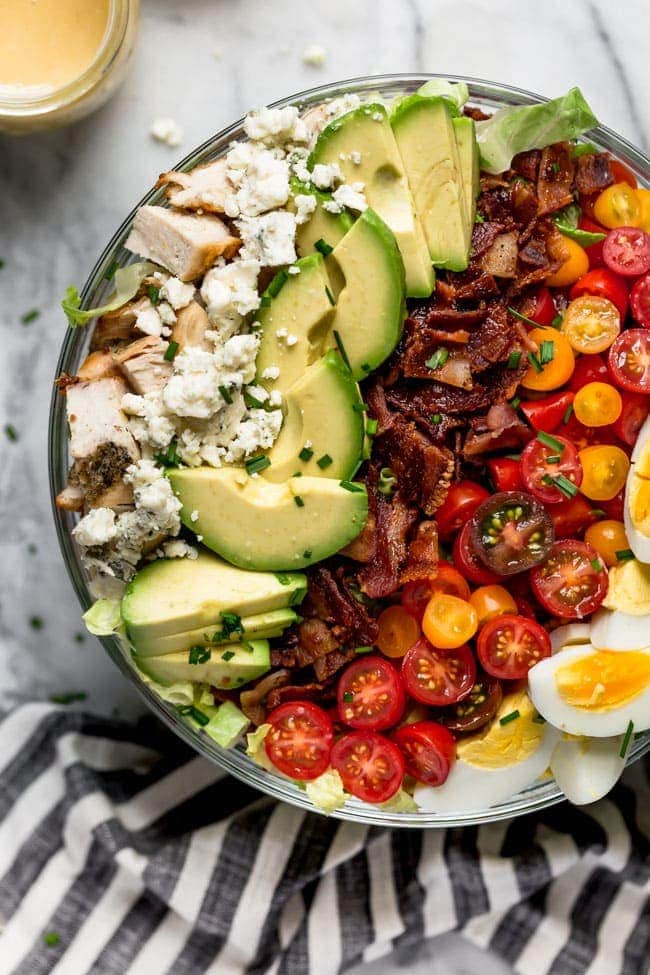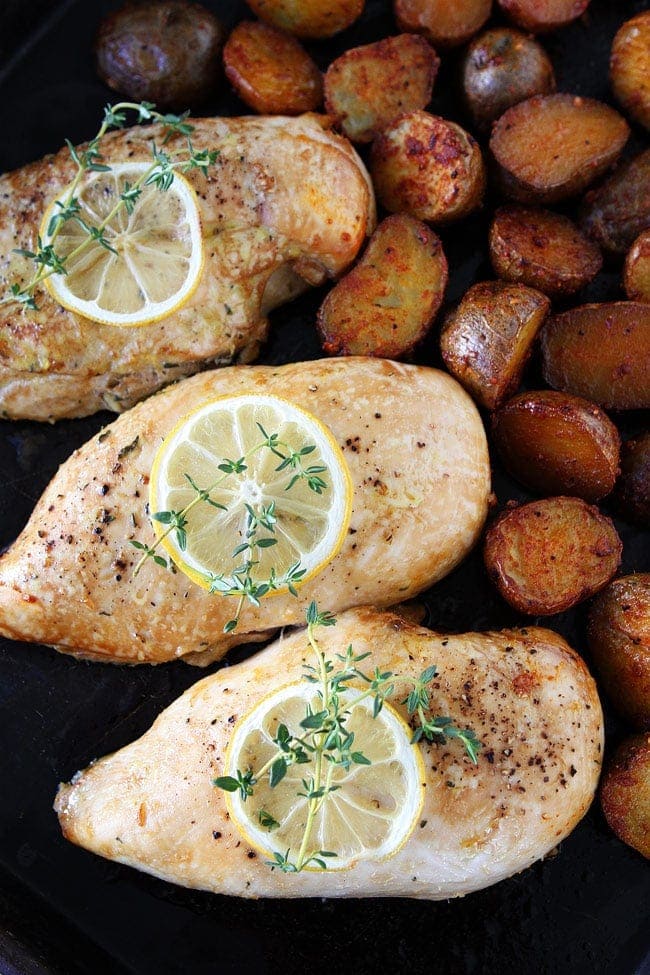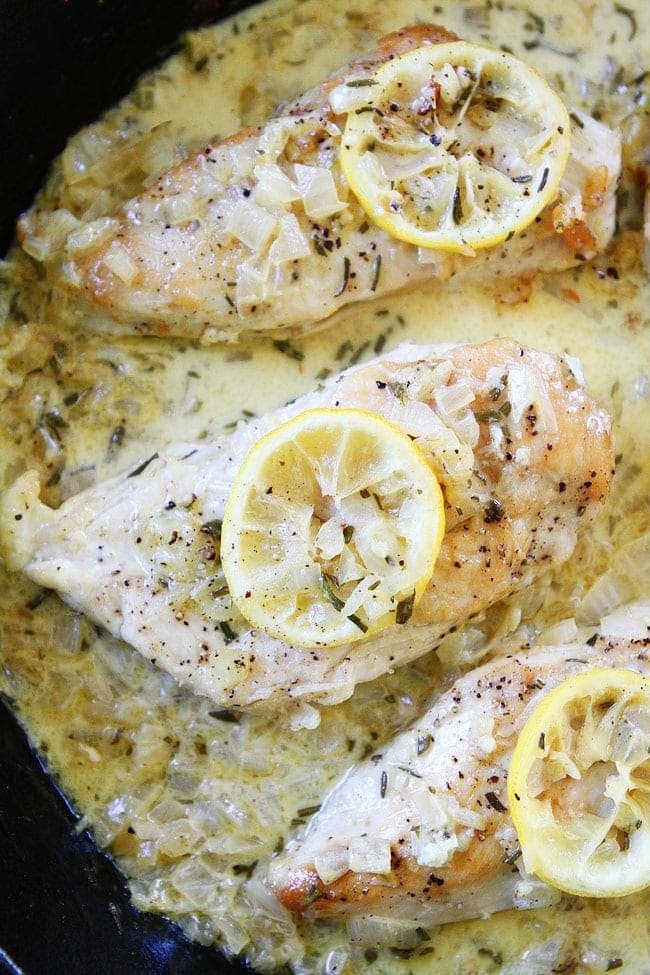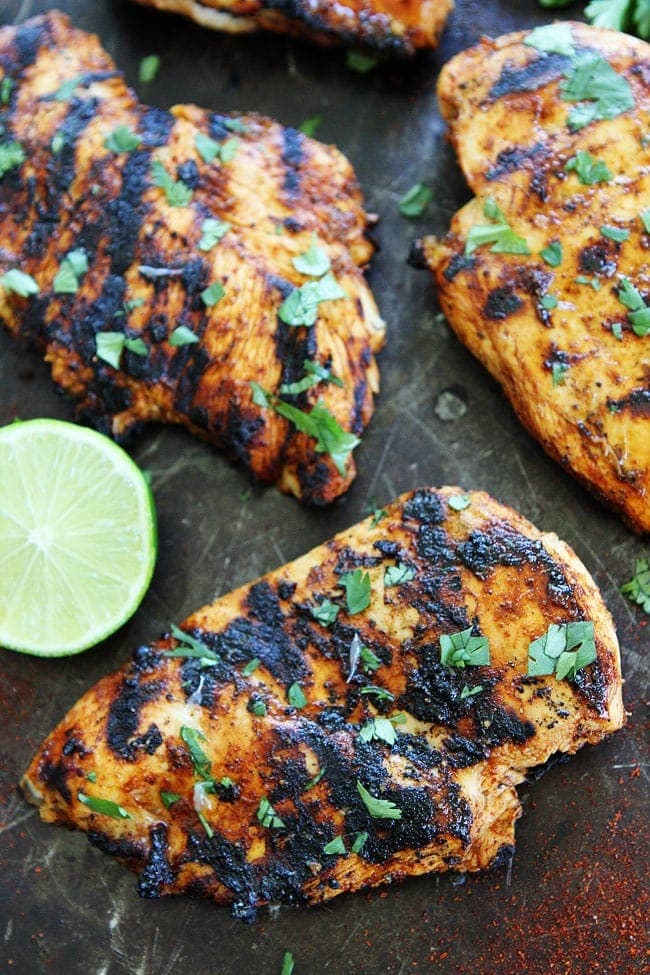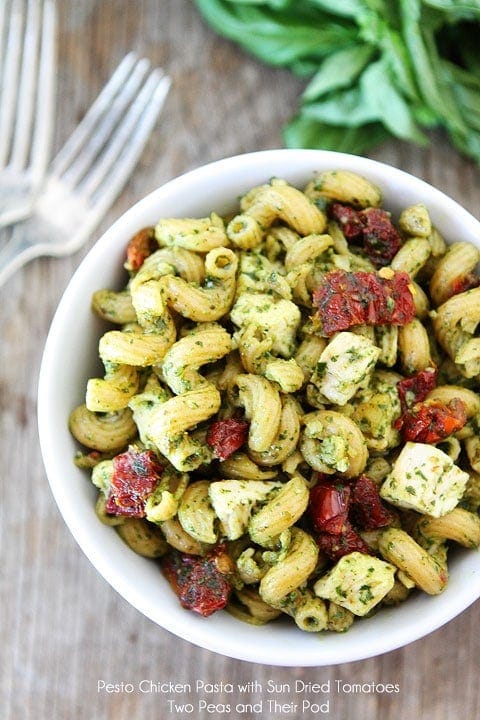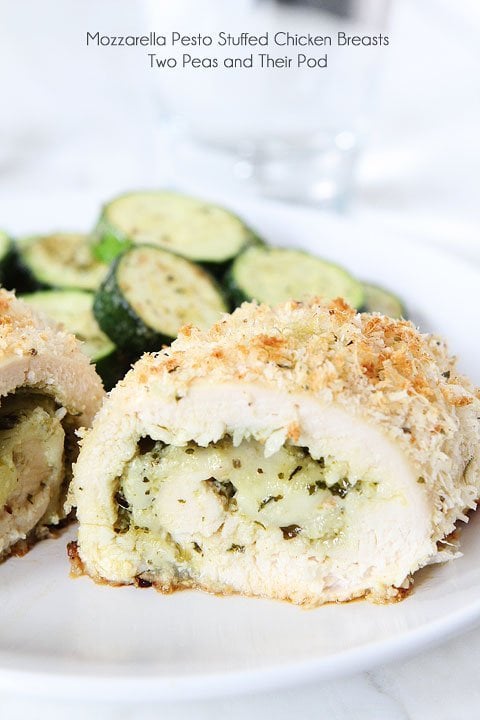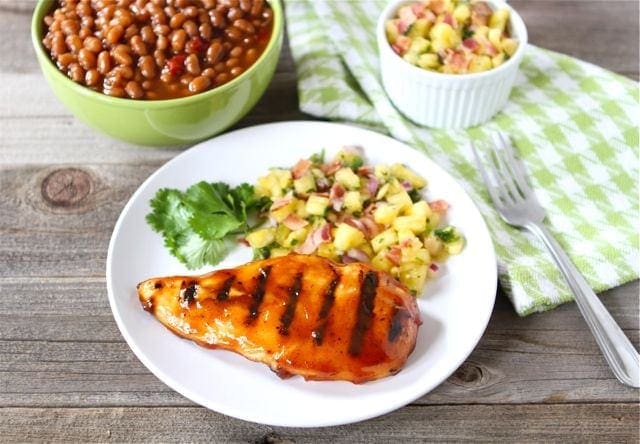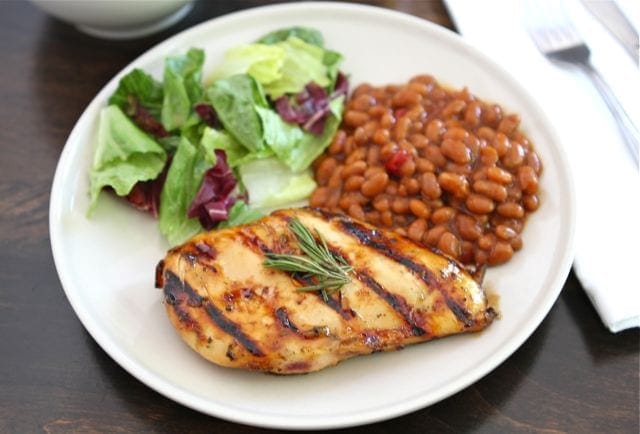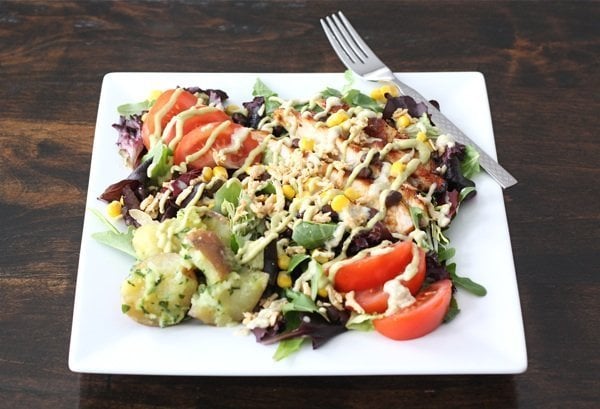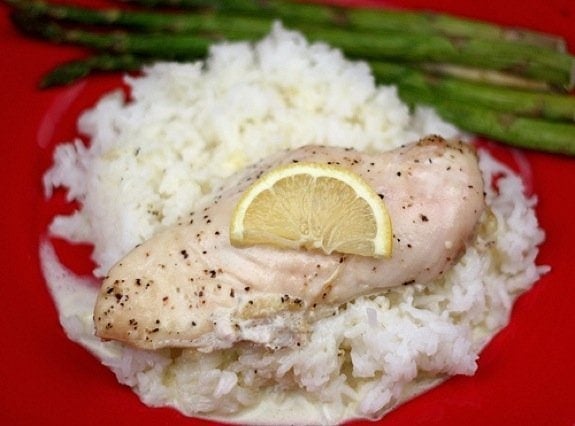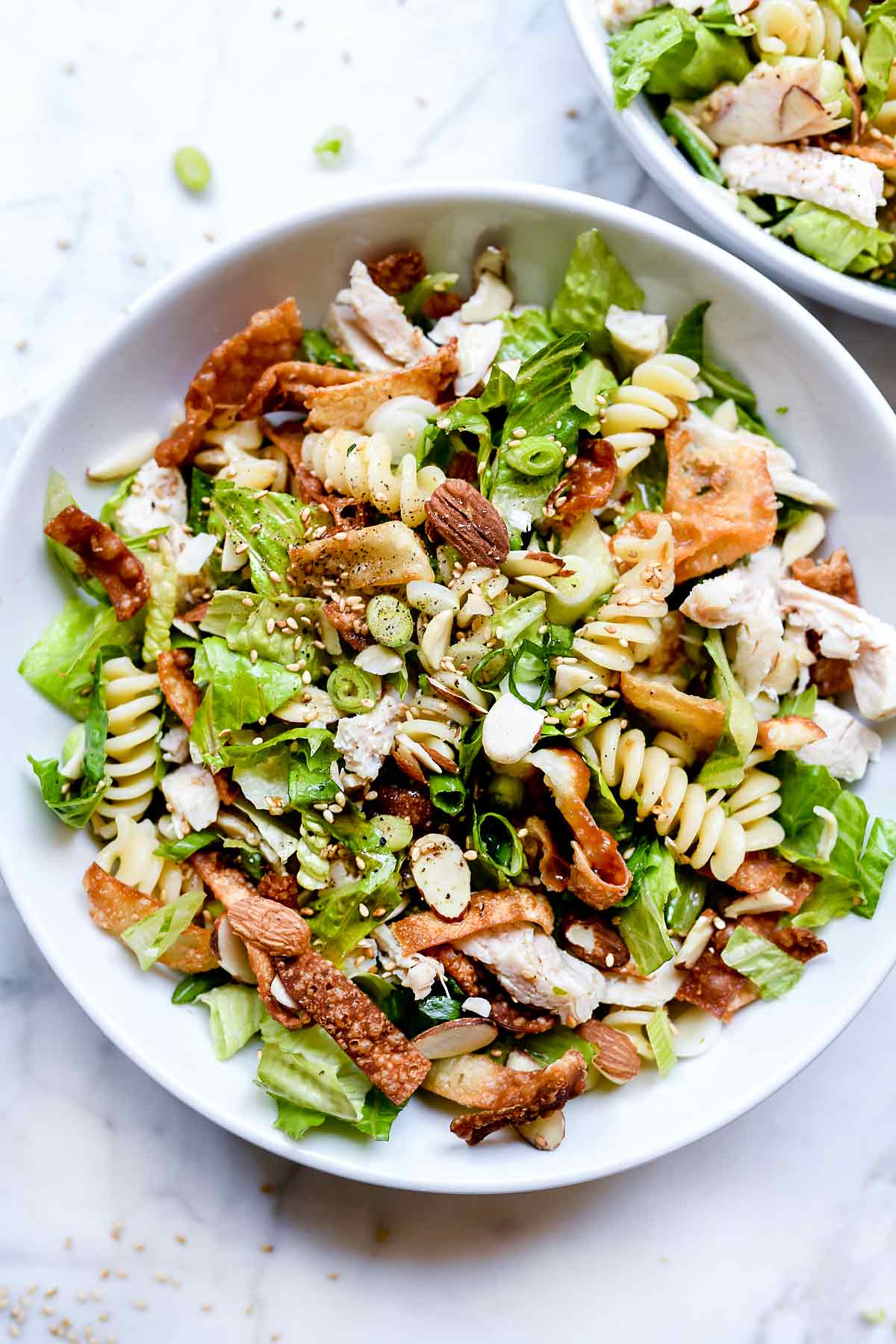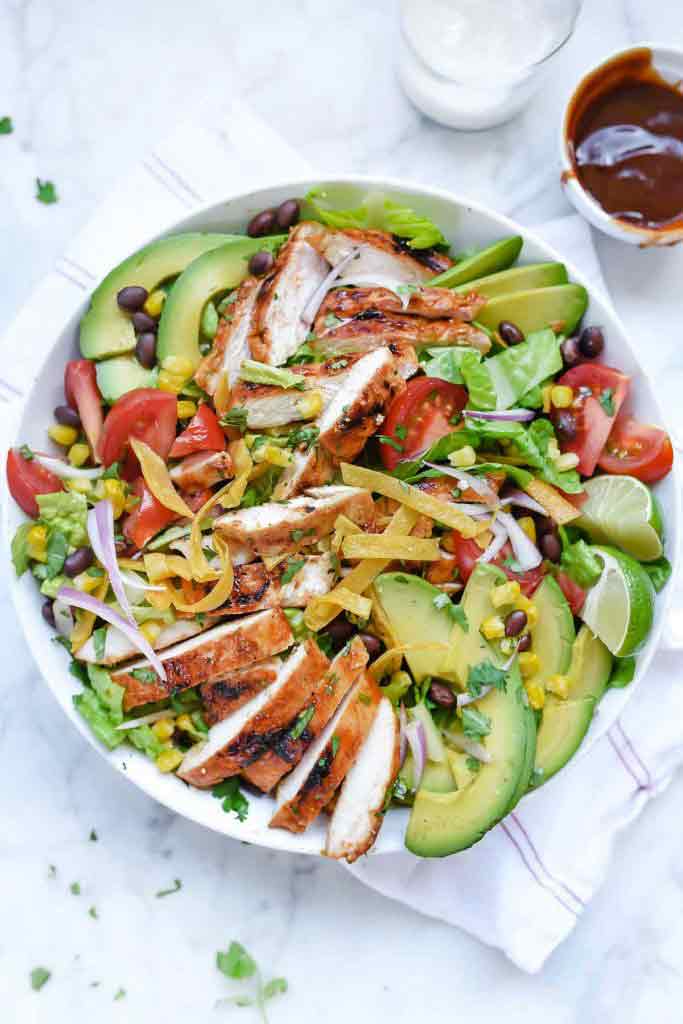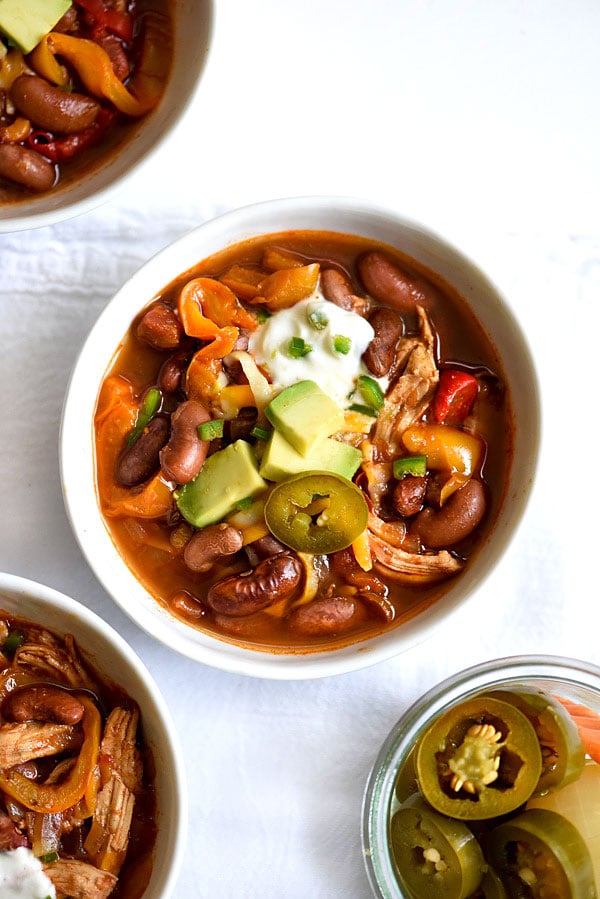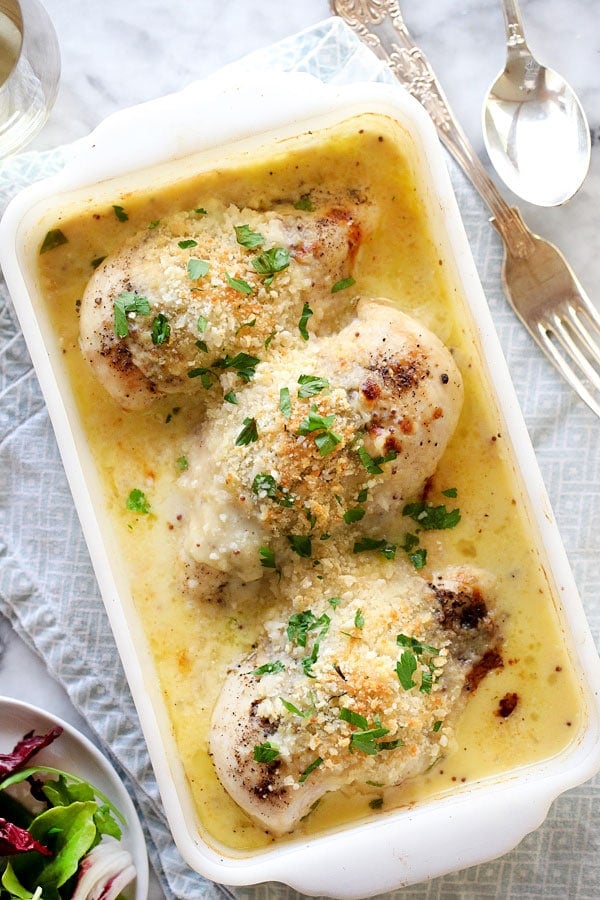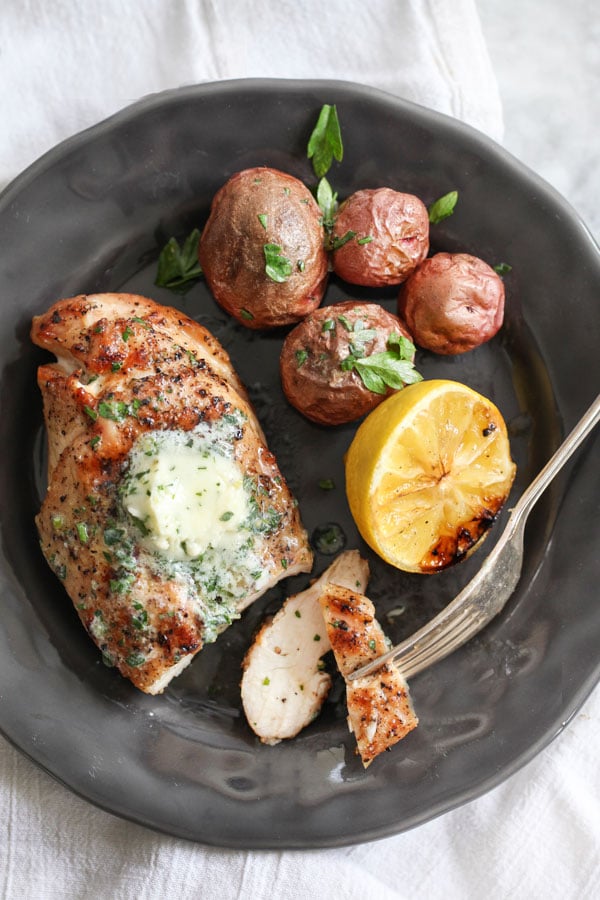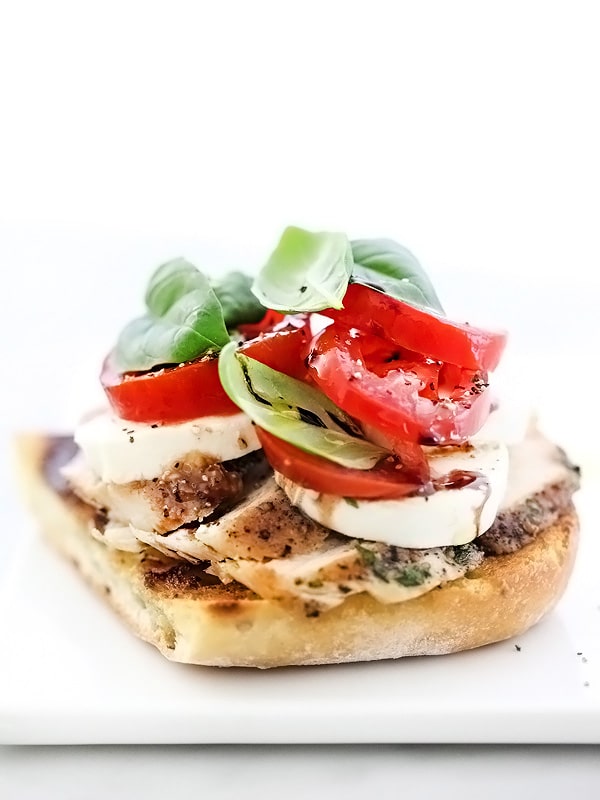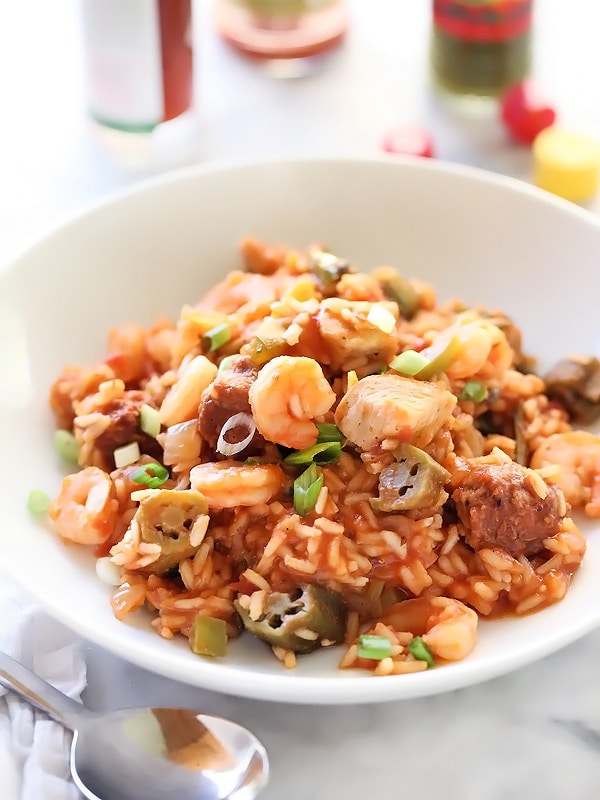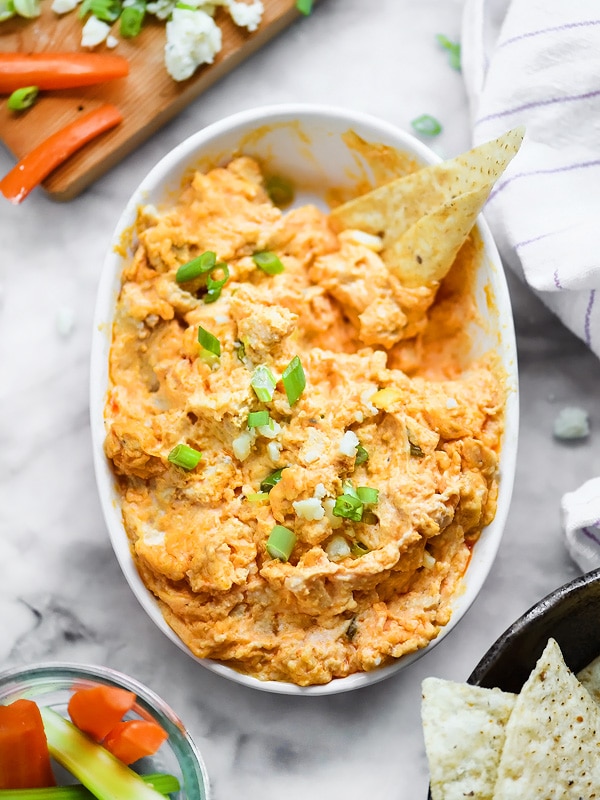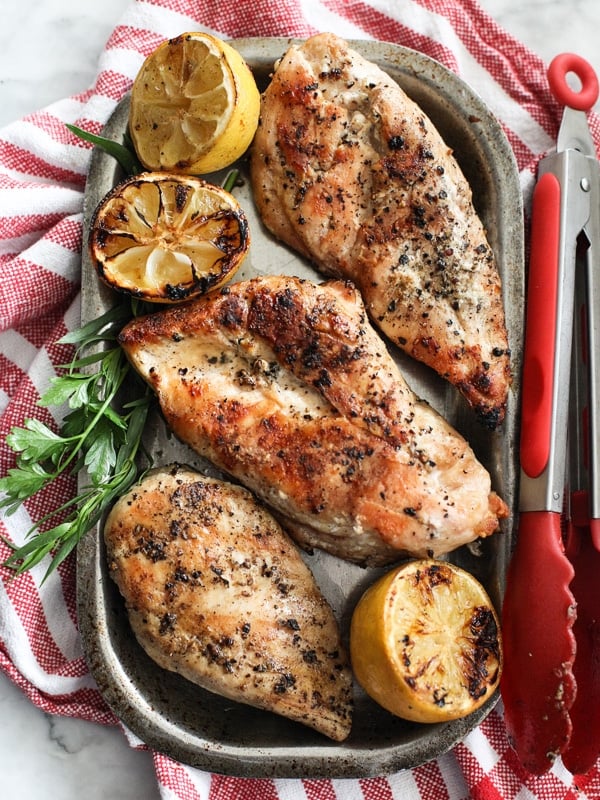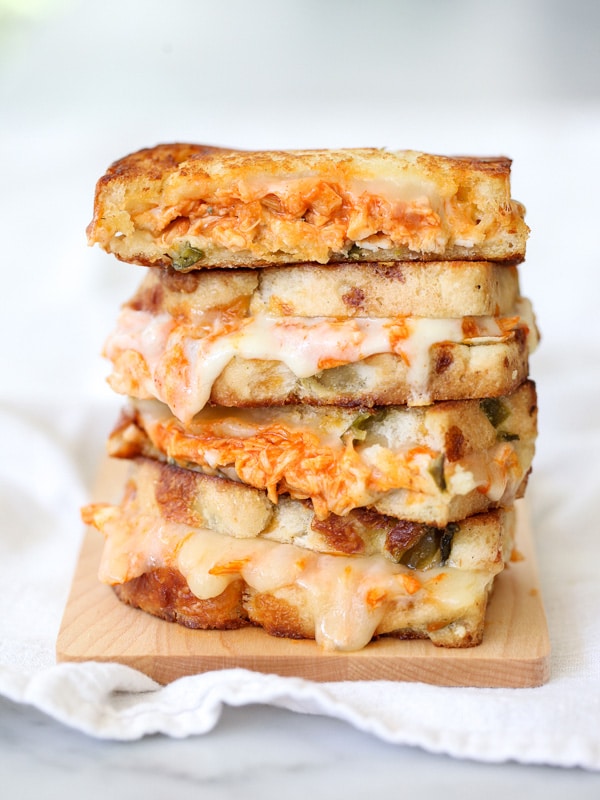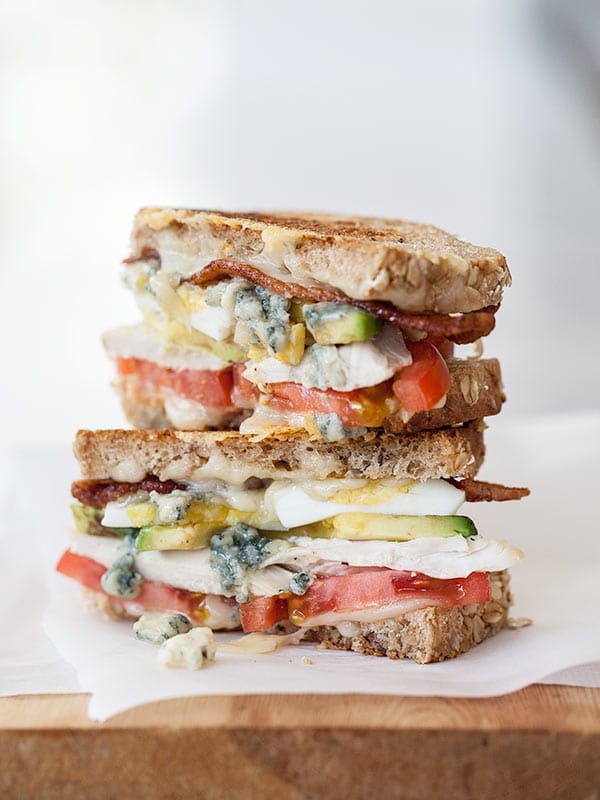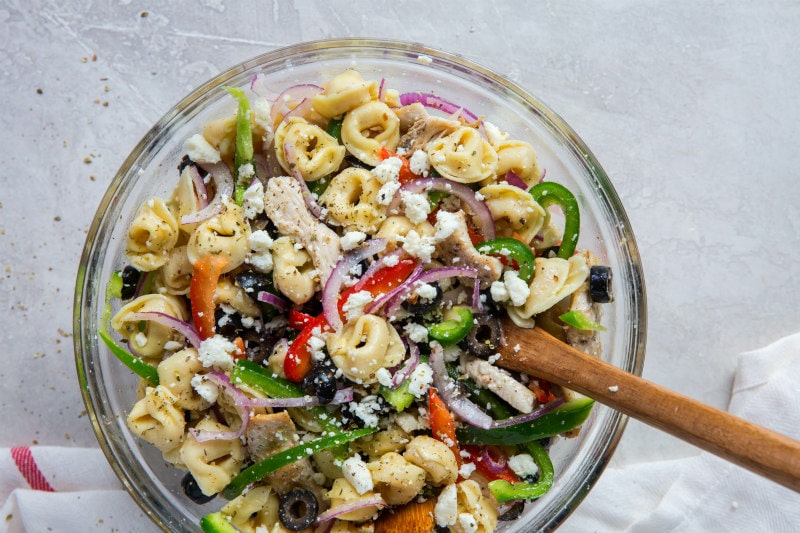Boneless Skinless Chicken Breast: Important Facts, Health Benefits, and Recipes
Explore the health benefits, storage tips, and versatile uses of boneless skinless chicken breast in our ultimate guide, perfect for enhancing your healthy lifestyle.
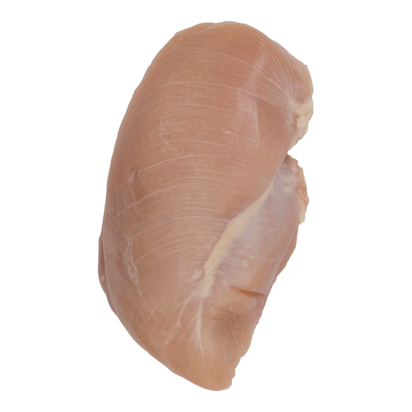
Nutritional Facts
1 piece
Amount per serving
Calories
326.4
Carbohydrates
0 g
Fat
7.1 g
Protein
61.2 g
Saturated Fat
1.5 g
Sodium
122.4 mg
Fiber
0 g
Sugar
0 g
Best Boneless Skinless Chicken Breast Recipes
-
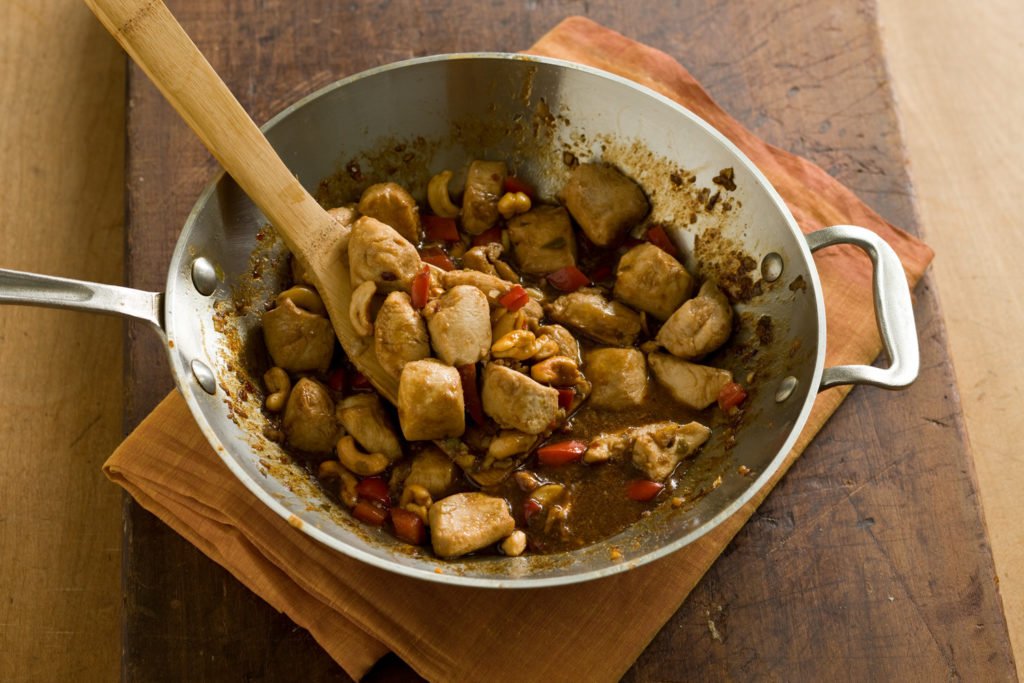
-
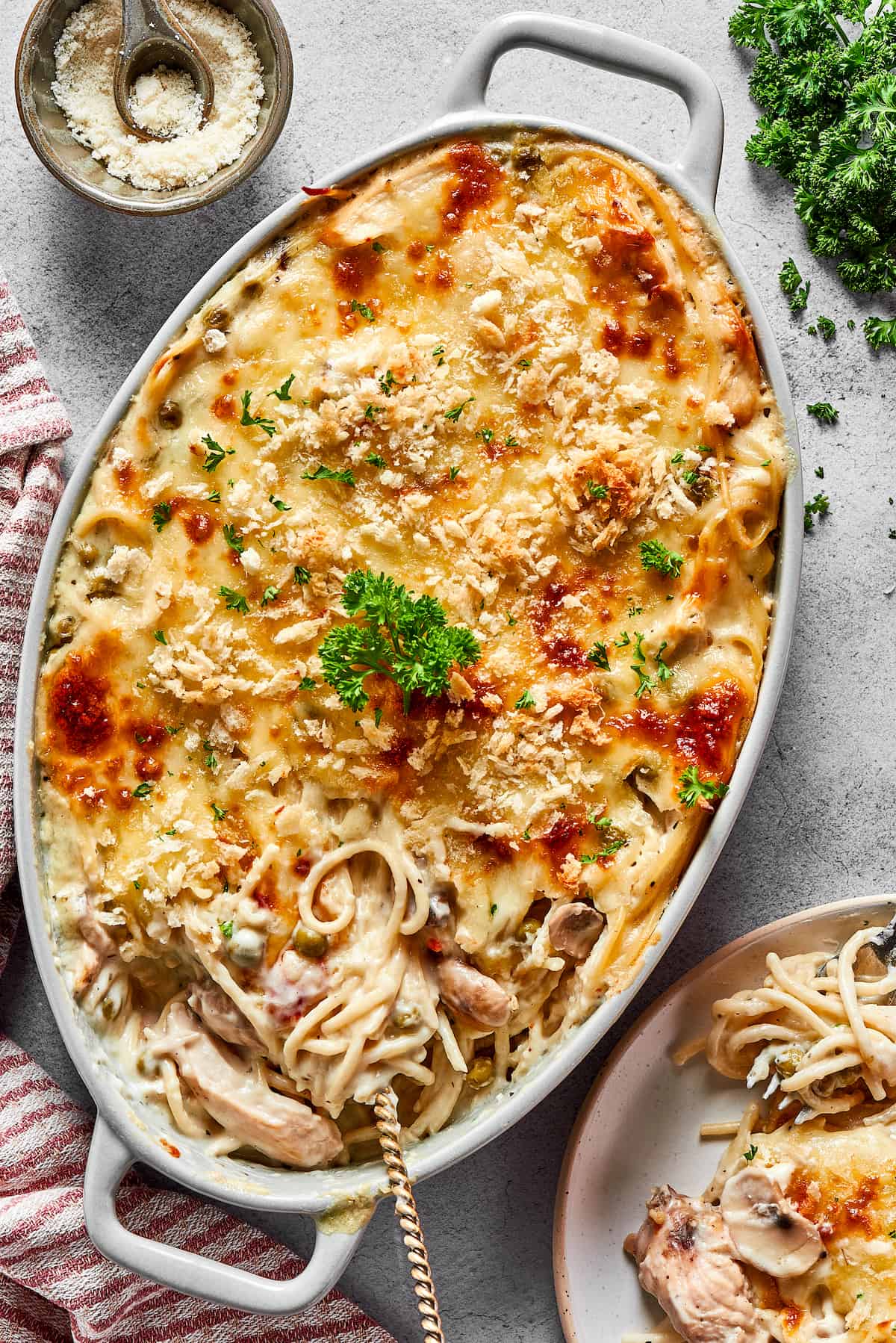
-
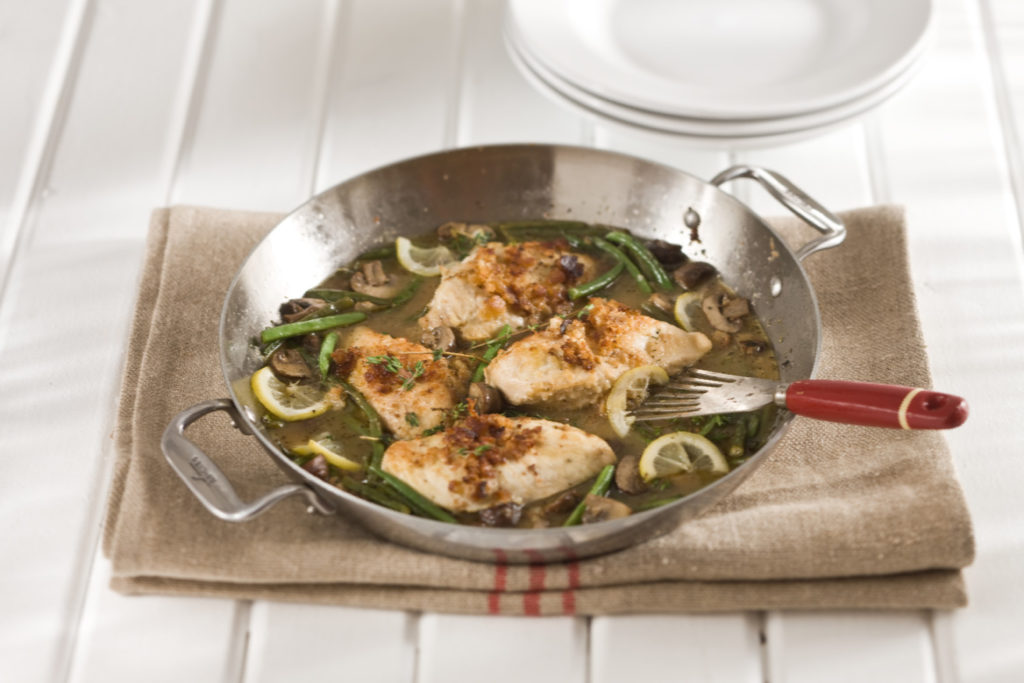
-
:max_bytes(150000):strip_icc()/chicken-katsu-4778466-10-67e6122e936b418ab1a92f176709d299.jpg)
-
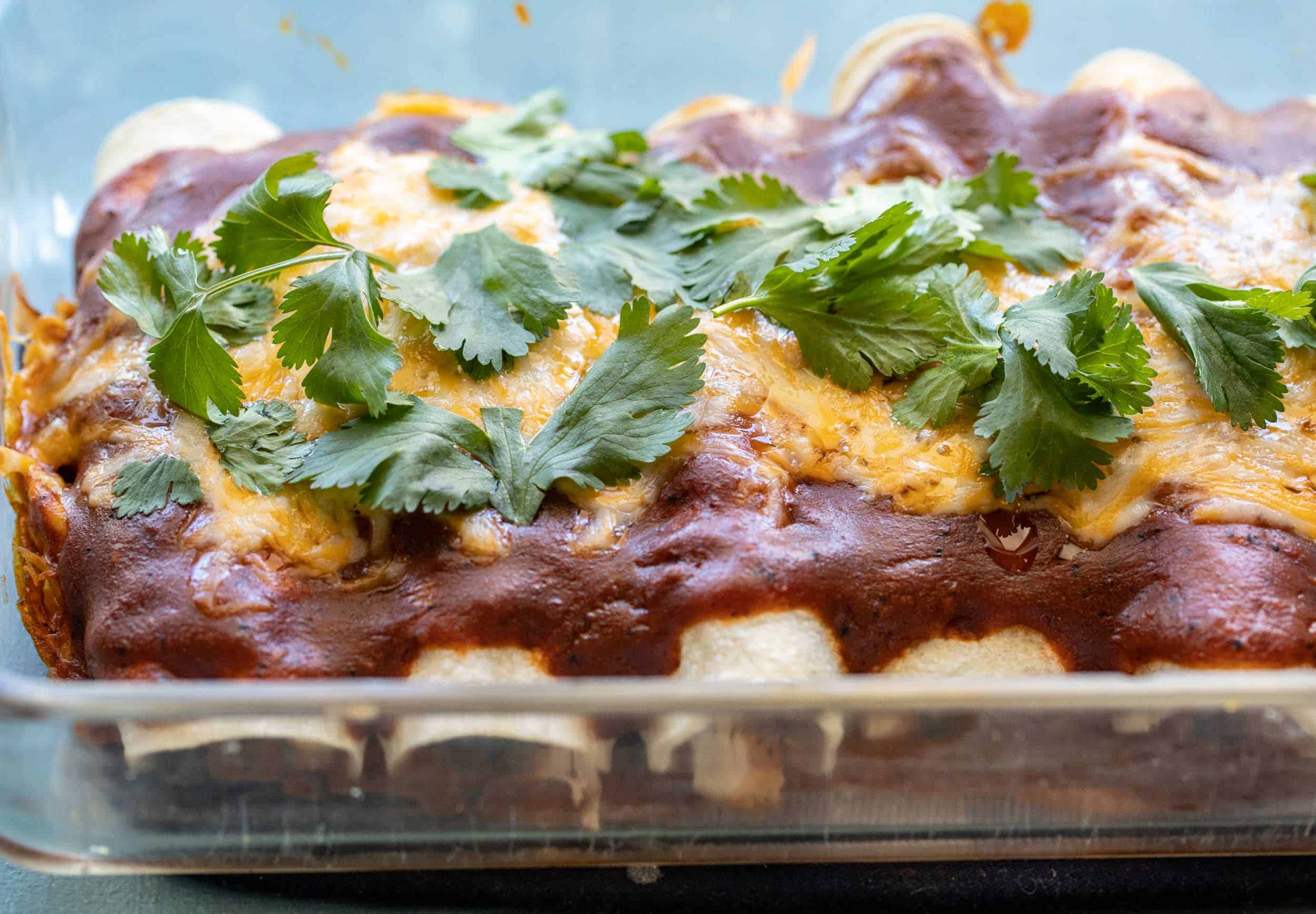
-
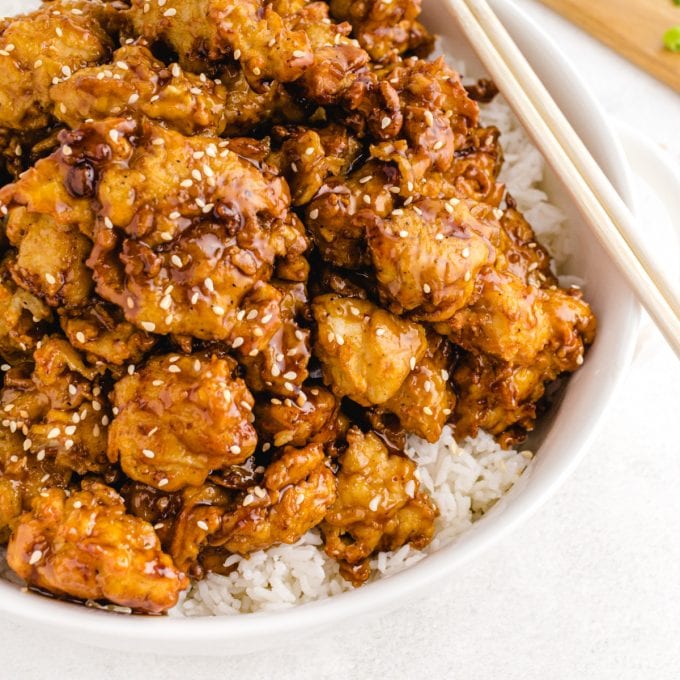
-
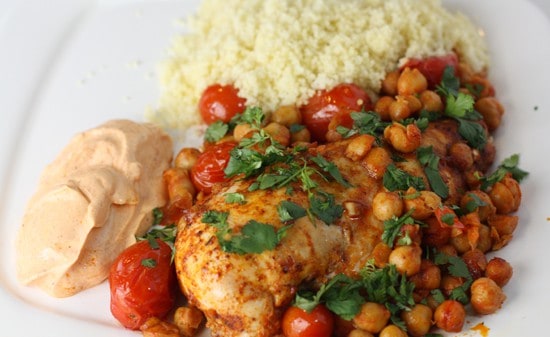
-
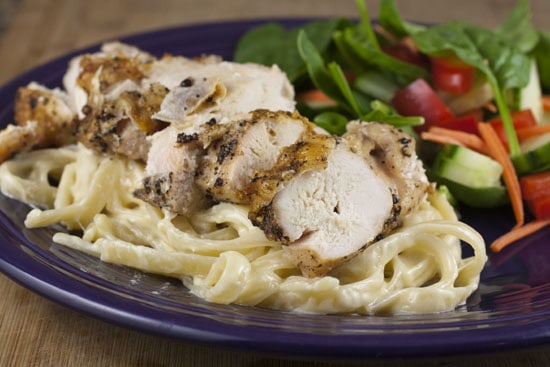
-
![Cobb Salad Image]()
-
![Honey Sesame Chicken {Instant Pot} Image]()
-
![Sheet Pan Lemon Thyme Chicken with Smoked Paprika Potatoes Image]()
-
![Skillet Creamy Lemon Rosemary Chicken Image]()
-
![Chili Lime Grilled Chicken Image]()
-
![Pesto Chicken Pasta with Sun-Dried Tomatoes Image]()
-
![Mozzarella Pesto Stuffed Chicken Breasts Image]()
-
![Jalapeño Cheddar Grilled Chicken Image]()
-
![BBQ Chicken with Pineapple Bacon Salsa Image]()
-
![Honey, Lemon & Rosemary Grilled Chicken Image]()
-
![BBQ Chicken Salad Image]()
-
![Creamy Lemon Chicken and Rice Recipe Image]()
-
![How to Cook Instant Pot Chicken Breasts (from Fresh or Frozen) Image]()
-
![Chinese Chicken Salad with Sesame Dressing Image]()
-
![Crispy Parmesan Buttermilk Chicken Tenders (Baked and Air Fryer) Image]()
-
![The Best Baked Chicken Breast Image]()
-
![Creamy Chicken and Wild Rice Soup Image]()
-
![Chicken Satay with Lighter Almond Dipping Sauce Image]()
-
![Southwest BBQ Chicken Salad Image]()
-
![THE BEST Chicken Caprese Recipe Image]()
-
![Potato Chip Crusted Chicken Breasts Recipe Image]()
-
![Strawberry Spinach Salad with Chicken and Avocado Image]()
-
![Hawaiian Chicken Skewers With I Wash You Dry Image]()
-
![30- Minute Creamy Mushroom and Leek Chicken Breasts Image]()
-
![Slow Cooker Chicken Fajita Chili Image]()
-
![Autumn Cobb Salad Image]()
-
![Cheesy Mustard Baked Chicken Image]()
-
![Vietnamese Curry Chicken and Rice Noodle Salad Bowl Image]()
-
![Peanut Noodles With Chicken Image]()
-
![Grilled Chicken Breasts with Chive and Herb Butter Image]()
-
![Chicken Caprese Sandwich Image]()
-
![Chicken, Sausage and Shrimp Jambalaya Image]()
-
![Slow Cooker Buffalo Chicken Dip Image]()
-
![Lime and Chile Butter Chicken Skewers Image]()
-
![The Best Grilled Chicken Breast Recipe Image]()
-
![Buffalo Chicken Grilled Cheese and How to Get an Epic Grilled Cheese Photo Image]()
-
![Chicken Pot Pie Pizza Image]()
-
![Honey Mustard Chicken Image]()
-
![Cobb Grilled Cheese Image]()
-
![Greek Tortellini Salad Image]()


